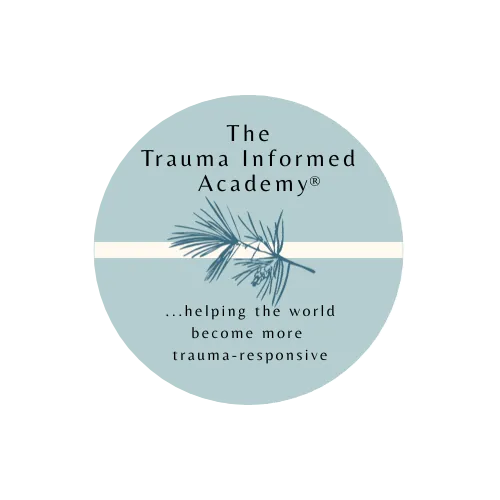

Health Care Facilities--and the current environment
Y’all remember that little series I did on F-699 citations? How surveyors are finding more psychosocial issues? Recent changes in how things are being applied? The need for all staff development as a prophylaxis?
I’m saying it again. How can you expect staff--from CNAs to the CEO--to avoid triggering or retraumatizing residents (and each other) when it seems like the world is on fire? If you have anyone from another country, they have every right to be terrified. Or anyone who is different. Their families may have chosen to live more in the shadows for safety.
We all know what fear does to the brain. Whether it’s the brain of your newest staff member or a resident presenting with dementia, both of their brains become reactive. Staff have less patience, and may be quicker to react instead of respond.
When it’s just the mental health professional who sees the resident not nearly often enough, it puts the responsibility for change on the resident, which is a subtle form of victim blaming. While the MHP might want to do a great job with one-on-one treatment, they may be stretched very very thin.
Help all your staff increase their ability to stay where you need them to be in terms of their attitudes by helping them master Trauma-Responsive Emotional Intelligence skills. It will relieve a little stress for the MHP, reduce a variety of risks, and darn near put your socks on for you if you keep at it.
Shucks, everybody could use it: it’s the easiest way to up-size that five-pound flour sack you keep trying to fill with 50 pounds. And it can reduce the risk of those citations related to triggering, retraumatization, and culturally competent trauma-informed care.



Email our Admin:
©Copyright 2025 EPower & Associates, Inc. All Rights Reserved.
Privacy Policy | Terms of Use
Featured On...


